Top Class Actions’s website and social media posts use affiliate links. If you make a purchase using such links, we may receive a commission, but it will not result in any additional charges to you. Please review our Affiliate Link Disclosure for more information.

The class representatives say that by forcing Apple to import iPhones with the Qualcomm chip, the company will further perpetuate antitrust activity.
In fact, according to the plaintiffs in the Qualcomm antitrust class action lawsuit, the import ban will make iPhones more expensive – by nearly $50 per device.
The chipmaker was hit with a number of Qualcomm antitrust class action lawsuits over allegations that it used its 80 percent market share in the cellular communications technology arena to force cell phone makers to pay extra for necessary parts. In turn, alleged the plaintiffs, those costs were passed on to consumers.
The Qualcomm antitrust class action lawsuits were consolidated into multidistrict litigation (MDL) in 2017.
According to the plaintiffs, Qualcomm is attempting to force Apple to only use imported iPhones that contain Qualcomm chips. Qualcomm denies the charges, arguing that the plaintiffs in the Qualcomm antitrust class action lawsuit cannot demonstrate that they have suffered any injury.
The smartphone buyers in the Qualcomm class action lawsuit say that the move will hit consumers with additional expenses to own iPhones because Apple will pass the additional cost on to them.
“The end impact here is on consumers — who are left with lower quality, higher price devices but the ongoing anticompetitive conduct,” contend the plaintiffs in the Qualcomm antitrust class action lawsuit.
The Qualcomm antitrust class action lawsuit was filed by a number of smartphone buyers after the chipmaker was hit with regulatory action in Korea. The regulators accused Qualcomm of charging excessive royalty payments and entering into illegal licensing contracts. Qualcomm was hit with a $854 million fine.
“Plaintiffs and Class Counsel—on behalf of a putative class of indirect purchasers—need to safeguard against marketplace changes sought by Qualcomm that could perpetuate and further entrench the anticompetitive conduct raised before this Court,” say the plaintiffs in the Qualcomm antitrust class action lawsuit. “If an exclusion or cease and desist order were issued, in the short term, this would result in great financial harm to the consumers whom Plaintiffs represent who want to purchase cellular devices.”
According to the plaintiffs in the Qualcomm antitrust class action lawsuit, the chipmaker’s own expert has said that such an order would stymie competition.
The plaintiffs point to testimony in separate proceedings with the International Trade Commission that indicated competition with Intel for would lead to cheaper, higher quality cell phone chips.
The lead plaintiffs are represented by Kalpana Srinivasan, Marc M. Seltzer, Steven G. Sklaver, Amanda K. Bonn, Oleg Elkhunovich, Krysta Kauble Pachman and Joseph Grinstein of Susman Godfrey LLP, Joseph W. Cotchett, Adam J. Zapala, Brian Danitz, Mark F. Ram and Michael A. Montaño of Cotchett Pitre & McCarthy LLP and Steve W. Berman, Jeffrey D. Friedman and Rio S. Pierce of Hagens Berman Sobol Shapiro LLP.
The Qualcomm Antitrust Class Action Lawsuit is In re: Qualcomm Patent Licensing Antitrust Litigation, Case No. 5:17-md-02773, in the U.S. District Court for the Northern District of California.
UPDATE: On Aug. 9, 2018, Qualcomm fought a motion to certify a class action lawsuit initiated by consumers who say forced import behavior intentionally fixed the price of chipsets commonly used in cell phones. The chipmaker told the court that a Class of 250 million people is unprecedented and unfeasible.
UPDATE 2: On Aug. 29, 2018, a judge blocked a consumer antitrust class action lawsuit that attempted to stop Qualcomm from pursuing a patent infringement case against Apple which could force Apple to only import iPhones with Qualcomm’s chipsets.
UPDATE 3: On Sept. 27, 2018, a group of cellphone purchasers who filed a Qualcomm class action lawsuit have received certification from the court.
UPDATE 4: On Oct. 12, 2018, Qualcomm says that they should be able to appeal a California court’s decision to certify a proposed Class of 250 million individuals in a lawsuit alleging the company gouged consumers by hiking the price of a chip used in most cell phones.
UPDATE 5: On Jan. 23, 2019, consumers who purchased a cell phone since Feb. 11, 2011, may be affected by a Qualcomm antitrust class action lawsuit pending in federal court. A settlement has not been reached and no money is available at this time. However, this litigation is being dubbed “quite likely the biggest class action in history,” and may affect the rights of more than 250 million cell phone owners. Learn more here.
UPDATE 6: On Jan. 23, 2019, Qualcomm was granted an immediate appeal of a massive certified Class of cellphone owners involved in a class action lawsuit alleging the company overpriced chips ubiquitous in mobile devices. Qualcomm contends that the newly certified Class of about 250 million consumers is “simply too large and unwieldy to manage” in a petition to appeal the decision brought to the Ninth Circuit two-judge panel.
ATTORNEY ADVERTISING
Top Class Actions is a Proud Member of the American Bar Association
LEGAL INFORMATION IS NOT LEGAL ADVICE
Top Class Actions Legal Statement
©2008 – 2024 Top Class Actions® LLC
Various Trademarks held by their respective owners
This website is not intended for viewing or usage by European Union citizens.




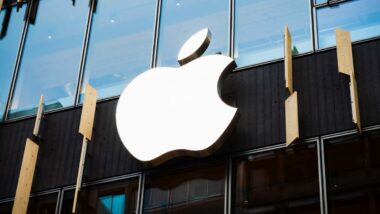
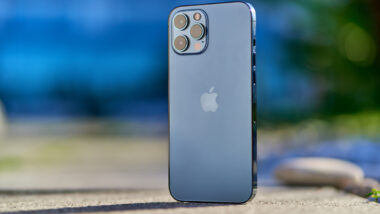
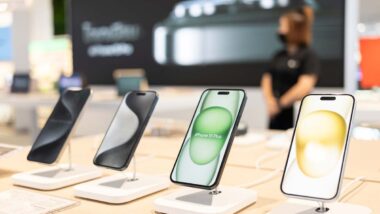
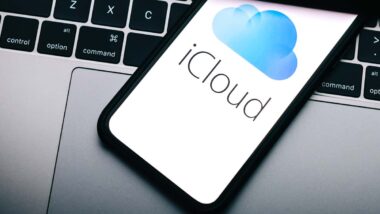

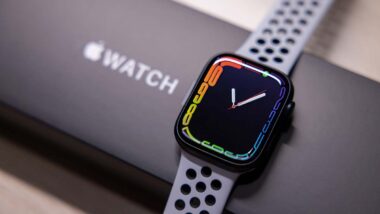

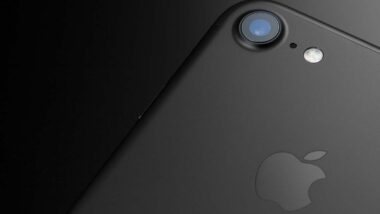



4 thoughts onSmartphone Owners Fight Import Ban in Qualcomm iPhone Class Action
My Phone has a qualcomm chip and I have to constantly restart my phone because it freezes up that I cannot use it. And it is so slow to load the alps
I have LG Stylo 3 and it has the qaulcomm chip and my phone is so slow that I have cut it off and restart it. Please add me to lawsuit
Have had many different I phones and androids from 2013 to present and with in a few months they tend to slow down and not work as they are suppose to work
I have an Iphone and after 2 years or the end of the contract year the phone is very slow, performance not up to par, and volume is low.This is after, I have updated the software.